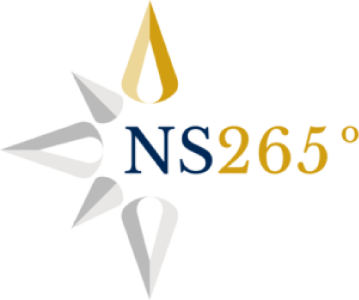Maths
At North Star 265°, we aim to ensure that all pupils develop an enjoyment of maths and gains fluency in the basic areas with mathematical skills that will allow them to succeed in day-to-day life.
We follow the White Rose Mathematics curriculum.
Please click below for more information on the intent, implementation and impact of our Maths Curriculum
Maths Curriculum Statement
We want pupils to become fluent in the fundamentals of mathematics, to be able to reason and to solve problems. The White Rose curriculum embraces these national curriculum aims, and provides guidance to help pupils to become:
Visualisers – using the CPA (C – concrete P – pictorial A- abstract) approach to help pupils understand mathematics and to make connections between different representations.
Describers – placing great emphasis on mathematical language and questioning so pupils can discuss the mathematics they are doing, and so support them to take ideas further.
Experimenters – as well as being fluent mathematicians, we want pupils to love and learn more about mathematics.
To learn mathematics effectively, some things must be learned before others, e.g. place value needs to be understood before working with addition and subtraction, addition needs to be learnt before looking at multiplication (as a model of repeated addition).
There is an emphasis on number skills first, carefully ordered, throughout the primary curriculum. In the secondary curriculum, they start with algebra as this is key to the secondary curriculum as well as being comparatively new for pupils. Again they carefully order the skills – understanding notation, one-step equations, then two-step equations etc., revisiting the concepts in other areas of the curriculum and making sure that topics are covered so pupils experience variety as well as consolidation.
Putting Number First
Our schemes have number at their heart.
A significant amount of time is spent reinforcing number
in order to build competency and ensure children can
confidently access the rest of the curriculum.
Arithmetic
This involves the key skills of addition, subtraction, multiplication and division. Spend 10 minutes practising arithmetic every day. This is also the focus of our homework each week.
For children learning at EYFS curriculum children will learn about number formation and the number of quantities. By the end of the they should be ready to move onto addition within 10 and number bonds.
Times Tables
We learn our times tables in this order:
2 x tables, 5 x tables, 10 x tables, 3 x tables, 4 x tables, 8 x tables, 6 x tables, 9 x tables, 11 x tables, 7 x tables, 12 x tables
The children are tested on their times tables each week in school. When children complete a x table, they are welcomed to the next challenge in our weekly whole school Celebration Assembly.
Assessment
Children will sit a test at the end of each half term (6 across the year) to find out if children have fully learned what was taught that term. In term 6, children will sit the end of year test which covers everything they have learned that year.

